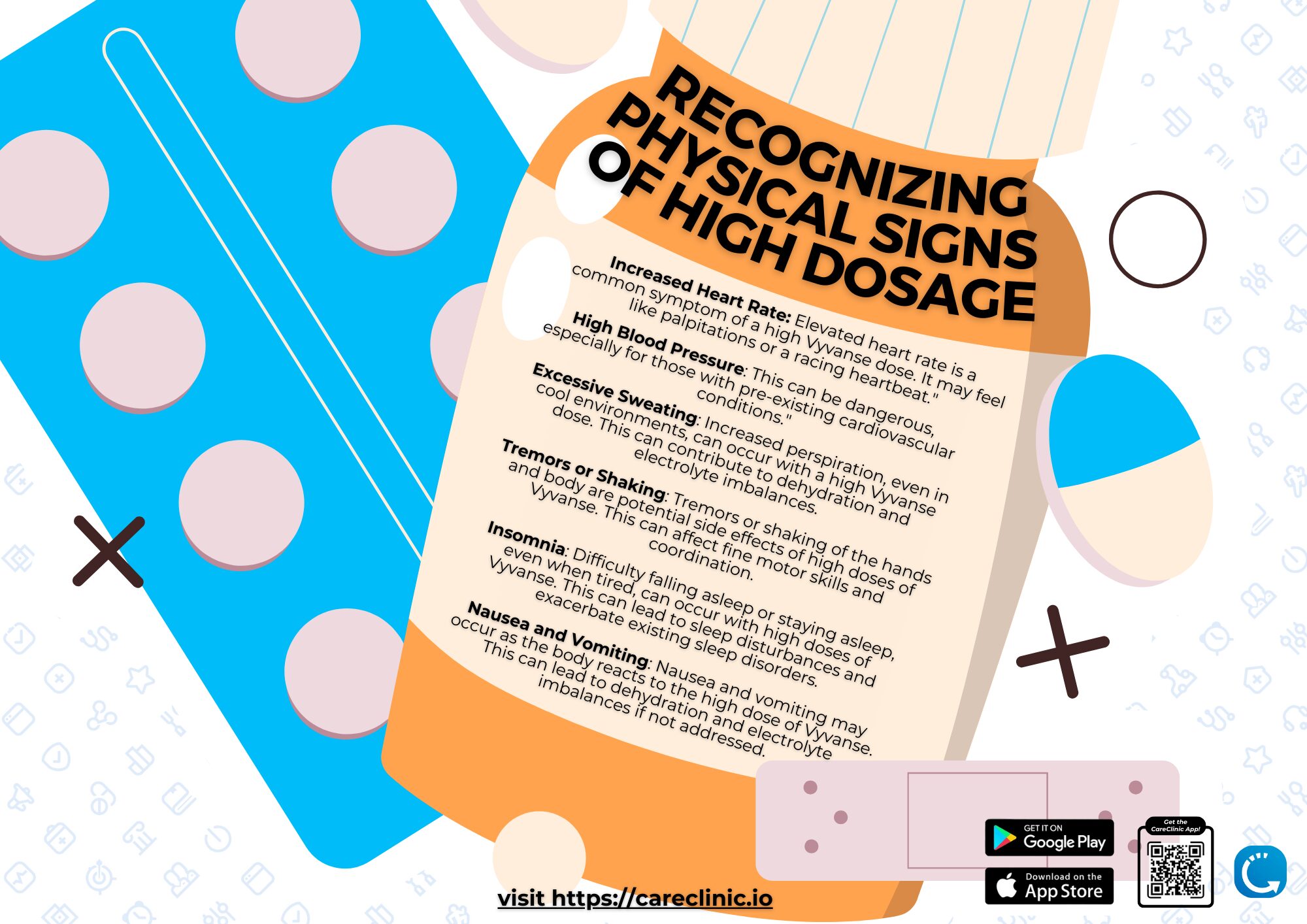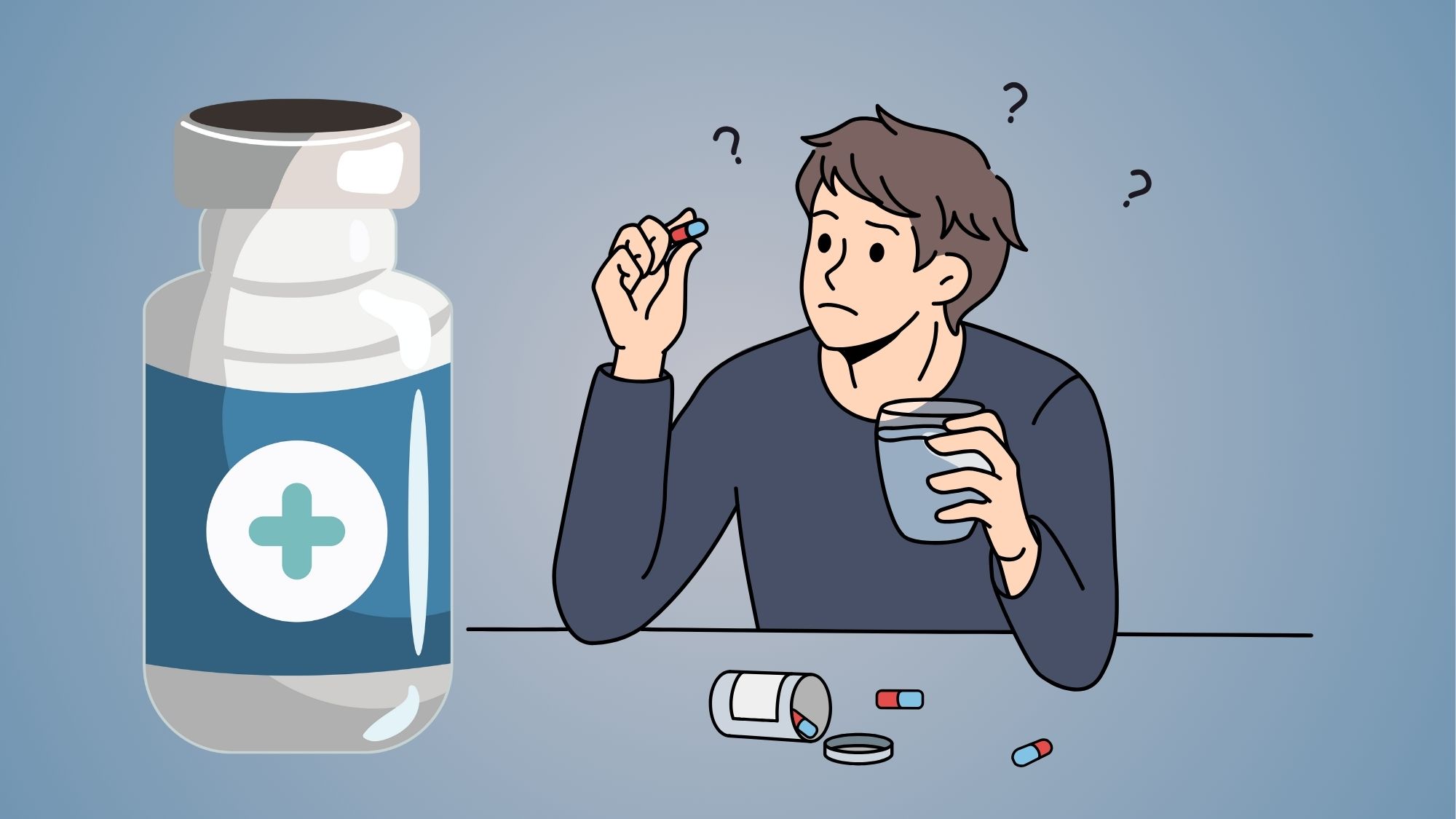
Vyvanse is a commonly prescribed medication for individuals with Attention Deficit Hyperactivity Disorder (ADHD) or Binge Eating Disorder. It is an effective treatment that helps manage symptoms and improve daily functioning. However, like any prescription drug, it is important to ensure that the minimum and maximum doses are correct. For optimal benefit and to minimize the risk of potential side effects. In this article, we will explore the signs Vyvanse dose too high and what steps to take if you suspect this is the case.
Understanding Vyvanse and Its Uses
Vyvanse is a brand-name prescription medication that contains the active ingredient lisdexamfetamine. It belongs to a class of medications called central nervous system stimulants. Vyvanse is primarily prescribed for the treatment of ADHD in children, adolescents, and adults. It is also approved for the treatment of moderate to severe Binge Eating Disorder (BED) in adults.
When it comes to ADHD treatment, Vyvanse plays a crucial role in helping individuals manage their symptoms effectively. By increasing the levels of neurotransmitters like dopamine and norepinephrine in the brain, Vyvanse helps regulate attention, behavior, and impulse control. This medication is often a key component of a comprehensive treatment plan that may include therapy, behavioral interventions, and educational support.
The Role of Vyvanse in ADHD Treatment
Vyvanse helps individuals with ADHD by increasing certain chemicals in the brain that play a role in impulse control and hyperactivity. It helps improve attention span, reduce impulsive behavior, and enhance overall focus. However, finding the right dosage is crucial to ensure the medication works effectively without causing any harmful side effects.
Furthermore, Vyvanse is known for its long-acting formulation, providing extended severe symptoms relief throughout the day. This sustained release mechanism helps individuals maintain focus and concentration over an extended period. Making it a popular choice among patients and healthcare providers alike.
Vyvanse for Binge Eating Disorder
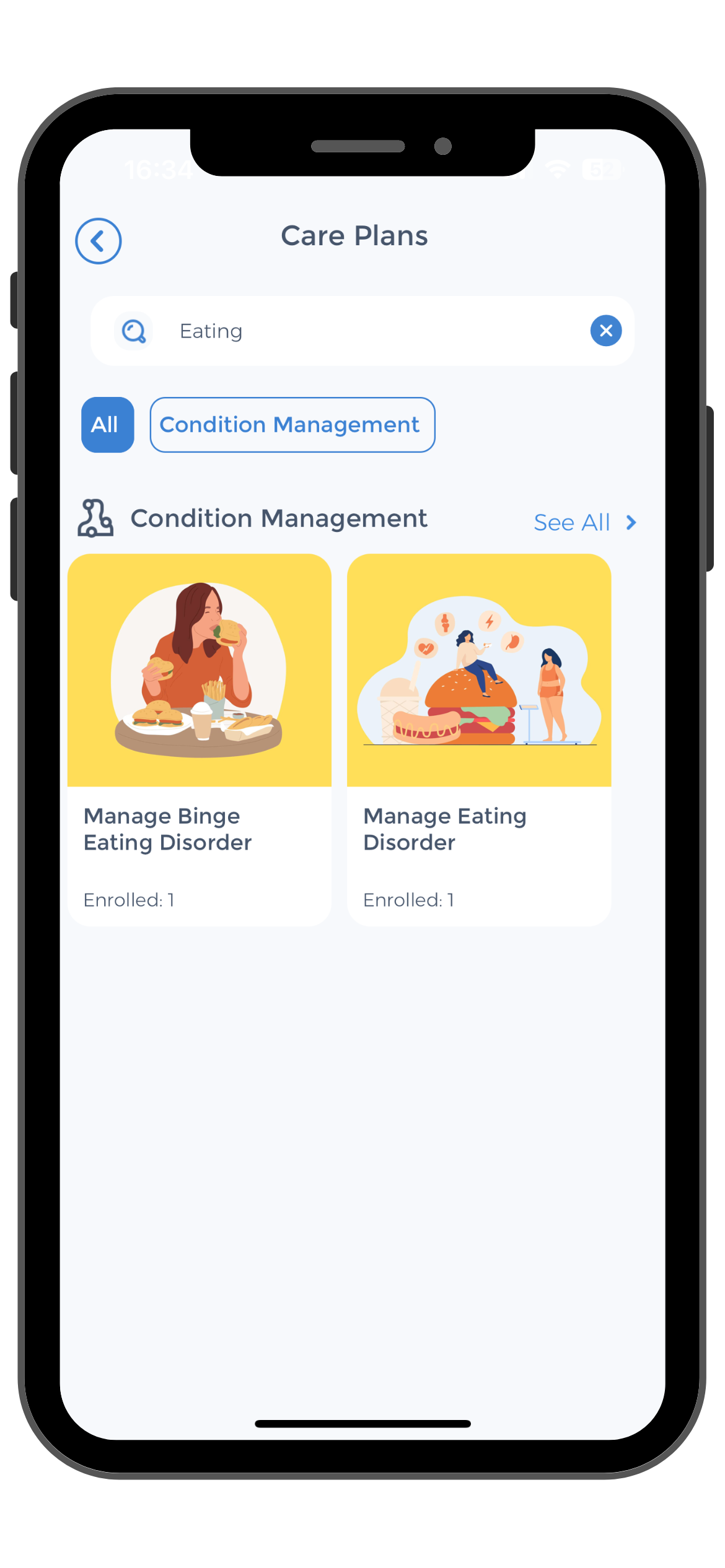 For individuals with Binge Eating Disorder, Vyvanse works by decreasing the frequency of binge-eating episodes. It helps control excessive food consumption and promotes healthier eating habits. Similar to ADHD treatment, the correct dosage is important to balance the desired therapeutic effects with potential risks and adverse reactions.
For individuals with Binge Eating Disorder, Vyvanse works by decreasing the frequency of binge-eating episodes. It helps control excessive food consumption and promotes healthier eating habits. Similar to ADHD treatment, the correct dosage is important to balance the desired therapeutic effects with potential risks and adverse reactions.
It is important for individuals prescribed Vyvanse for BED to work closely with their healthcare provider. To monitor their progress and adjust the dosage as needed. In addition to medication, therapy and nutritional counseling may also be recommended to address the underlying psychological and behavioral factors contributing to the disorder. By taking a comprehensive approach to treatment, individuals with BED can work towards developing a healthier relationship with food. Improving their overall well-being.
The Importance of Correct Vyvanse Dosage
Proper dosage is essential for individuals taking Vyvanse. Too low a dose may result in inadequate symptom relief. While too high a dose can lead to various physical, psychological, and behavioral side effects. It is crucial to strike the right balance to ensure optimal benefits while minimizing potential risks.
When determining the appropriate Vyvanse dosage for each individual, healthcare professionals take into account various factors. These factors include age, weight, medication history, and the specific condition being treated. By carefully evaluating these factors, healthcare providers can prescribe the initial dose, which is usually started at the lowest effective dose.
However, the process of finding the right dosage doesn’t end there. Gradually, the dose may be adjusted based on the patient’s response and tolerance. Regular follow-up appointments are essential to monitor the medication’s effectiveness and make any necessary dosage changes under the guidance of a healthcare provider.
Risks of Overdosing on Vyvanse
Overdosing on Vyvanse can have serious consequences and may require immediate medical attention. Taking more than the prescribed dose or using Vyvanse in a manner not directed by a healthcare professional increases the risk of adverse effects.
Some of the potential side effects of overdosing on Vyvanse include severe agitation, rapid heartbeat, increase in blood pressure, tremors, confusion, hallucinations, seizures, uncontrolled movements or muscle twitching, and unusual restlessness. These symptoms can be alarming and may necessitate immediate medical intervention.
If you suspect you or someone you know may have overdosed on Vyvanse, it is important to seek immediate medical attention or contact your local poison control center. Prompt action can help prevent further complications and ensure the well-being of the individual.
Remember, finding the correct or average Vyvanse dose is a crucial step in managing symptoms effectively. By working closely with a healthcare professional and following their guidance, individuals can optimize the benefits of Vyvanse while minimizing the risks associated with incorrect dosing.
Physical Signs Your Vyvanse Dose is Too High
In some cases, individuals may experience physical symptoms indicating that their Vyvanse dose is too high. It is crucial to be aware of these signs as they can help identify potential dosage issues and prompt further discussion with a healthcare provider.
It is important to note that while Vyvanse can be an effective treatment for attention deficit hyperactivity disorder (ADHD) and binge eating disorder. Finding the right dose of Vyvanse is key to managing symptoms and minimizing side effects. Working closely with your healthcare provider to monitor your response to Vyvanse is essential for optimizing treatment outcomes.
Changes in Heart Rate and Blood Pressure
One common physical symptom of a high Vyvanse dose is changes in heart rate and blood pressure. Vyvanse is a stimulant medication. When the dosage is too high, it can cause increased heart rate, palpitations, and elevated blood pressure. Monitoring your heart rate and blood pressure regularly can help detect any abnormalities and provide valuable information to discuss with your healthcare provider.
Additionally, it is recommended to avoid consuming excessive amounts of caffeine or other stimulant medications while taking Vyvanse. As this can further elevate heart rate and blood pressure, potentially exacerbating these symptoms. Maintaining a healthy lifestyle, including regular exercise and a balanced diet, can also support cardiovascular health while on Vyvanse.
Experiencing Restlessness or Insomnia
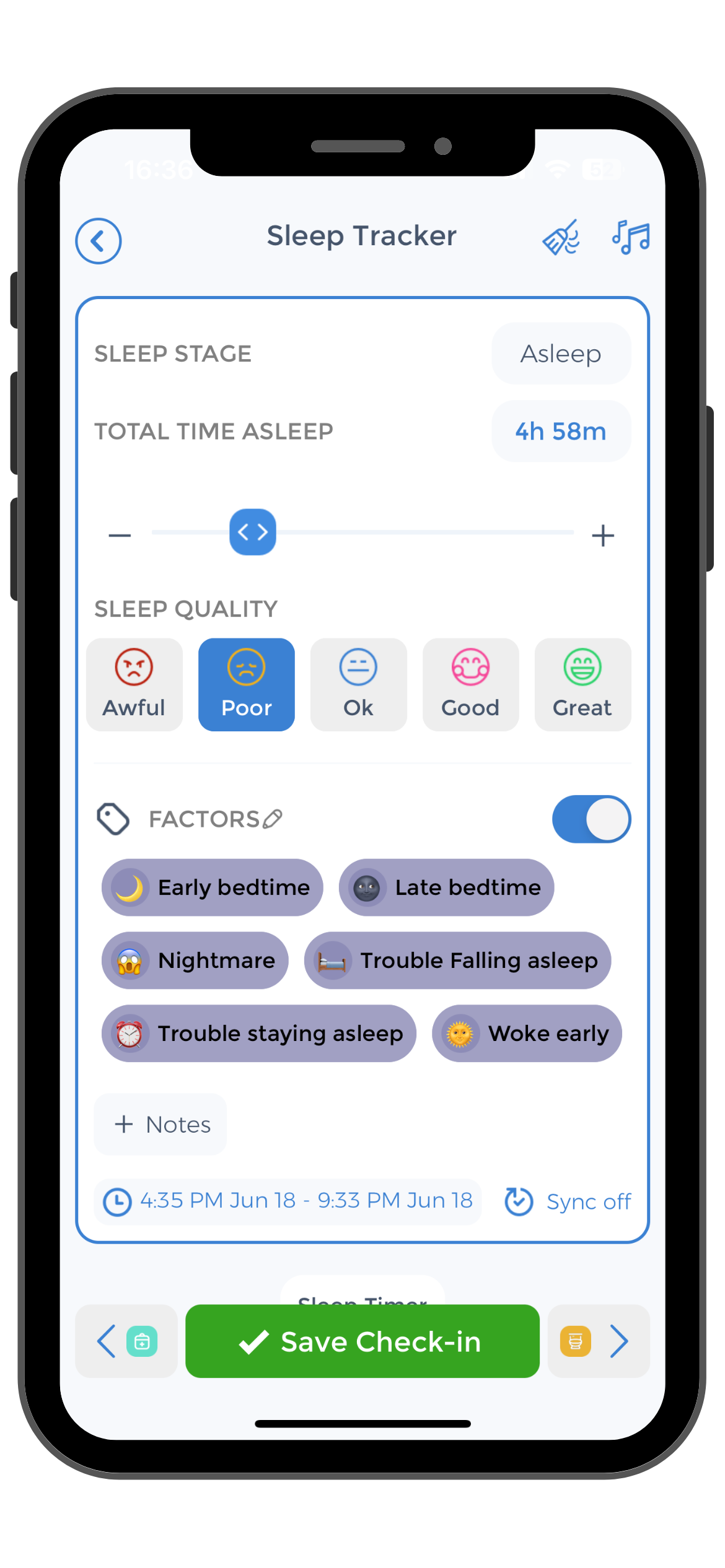 Another physical indication of a high Vyvanse dose is restlessness or insomnia. While it is normal to experience increased energy and focus with Vyvanse, excessive restlessness or inability to sleep can be a sign that the dosage needs adjustment. If you find yourself unable to relax or experiencing difficulty falling or staying asleep, it is important to consult with your healthcare provider for further guidance.
Another physical indication of a high Vyvanse dose is restlessness or insomnia. While it is normal to experience increased energy and focus with Vyvanse, excessive restlessness or inability to sleep can be a sign that the dosage needs adjustment. If you find yourself unable to relax or experiencing difficulty falling or staying asleep, it is important to consult with your healthcare provider for further guidance.
Practicing good sleep hygiene, such as maintaining a consistent sleep schedule, creating a relaxing bedtime routine, and ensuring a comfortable sleep environment, can also help improve sleep quality while taking Vyvanse. It is essential to address any sleep disturbances promptly to prevent potential negative impacts on your overall well-being and daily functioning.
Psychological Indicators of High Vyvanse Dose
Beyond the physical symptoms, it is also essential to pay attention to psychological indicators that may suggest a Vyvanse dose is too high. Mental health and emotional well-being are equally important factors to consider when determining the appropriate dosage.
When it comes to monitoring the psychological effects of Vyvanse, it is crucial to be aware of how the medication can impact cognitive functions. Some individuals may experience difficulties with concentration, memory, or decision-making when the dose is too high. These cognitive impairments can interfere with daily tasks and overall quality of life, indicating a need for dosage adjustment.
Increased Anxiety or Paranoia
At higher doses, Vyvanse may increase feelings of anxiety or paranoia in some individuals. If you notice a sudden or excessive increase in anxiety symptoms, such as racing thoughts, excessive worry, or feeling on edge, it is essential to discuss this with your healthcare provider. Adjusting the dosage or exploring alternative treatment options may be necessary to address this concern.
Moreover, heightened anxiety levels can also manifest in physical symptoms such as muscle tension, restlessness, or difficulty relaxing. These physical manifestations of anxiety can further exacerbate the psychological distress caused by a high Vyvanse dose. Underscoring the importance of a comprehensive evaluation by a healthcare professional.
Mood Swings and Irritability
Uncharacteristic mood swings and irritability can also indicate a high Vyvanse dose. While Vyvanse is designed to enhance mood stability, too high a dose can lead to emotional dysregulation. If you find yourself experiencing frequent mood swings, irritability, or episodes of anger that seem out of proportion to the situation, it is important to discuss these changes with your healthcare provider for further evaluation and potential dosage adjustment.
Furthermore, persistent irritability and mood swings can impact personal relationships and social interactions. Affecting both professional and personal spheres of life. Recognizing these behavioral changes as potential indicators of an inappropriate Vyvanse dosage is crucial. For maintaining emotional well-being and fostering healthy connections with others.
Behavioral Changes Suggesting High Vyvanse Dose
Behavioral changes can offer valuable insight into whether a Vyvanse dose is too high. If you or those around you notice any significant alterations in your behavior, it is essential to address them promptly with your healthcare provider.
Hyperactivity and Impulsivity
If you experience a sudden increase in hyperactivity or impulsivity, it may be an indication that your Vyvanse dose is too high. Vyvanse is prescribed to help manage these symptoms, and an excessive dose can lead to an intensification of these behaviors. Open communication with your healthcare provider is crucial to ensure the appropriate dose is maintained to minimize these effects.
Unusual Aggression or Hostility
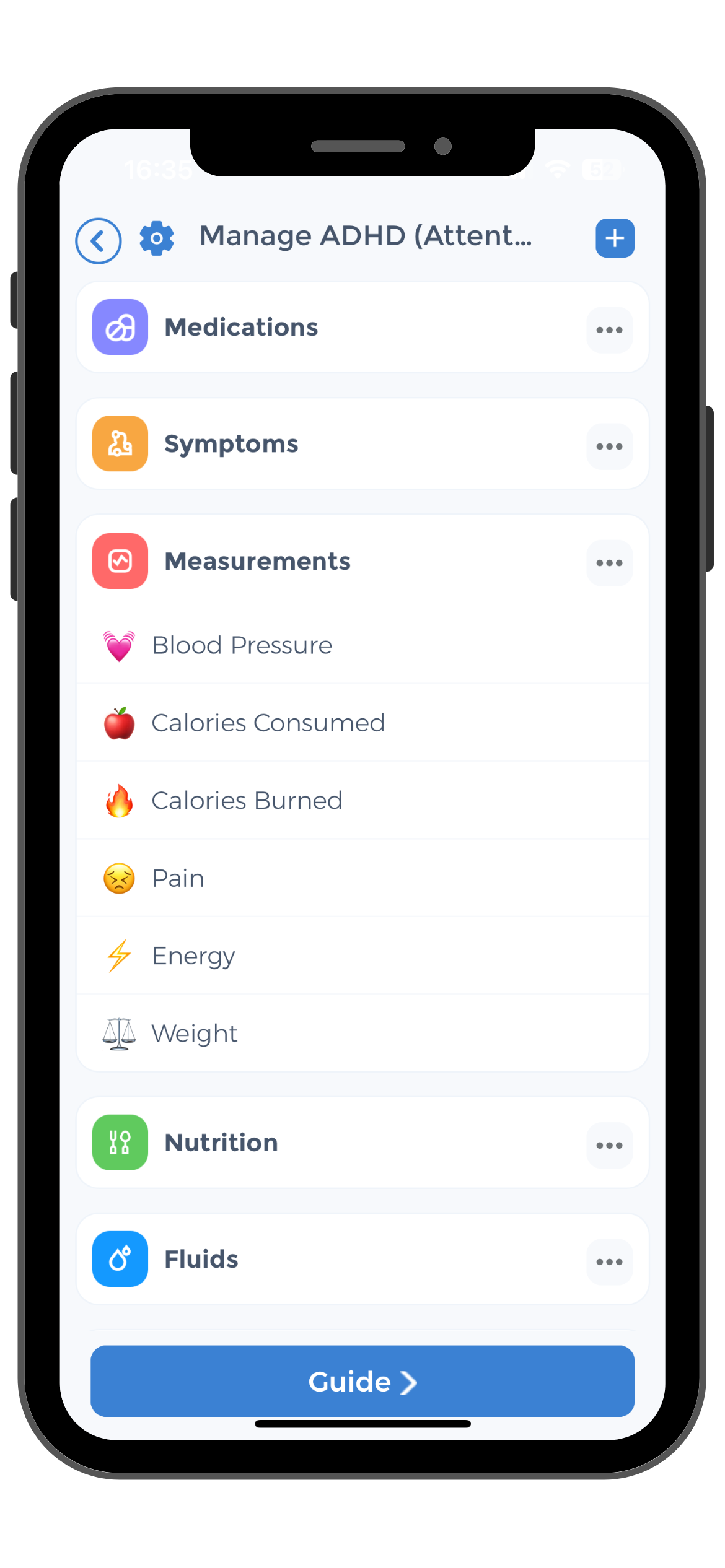 In some instances, individuals taking a high Vyvanse dose may exhibit unusual aggression or hostility. While these behaviors can be attributed to various factors, it is important to consider the dosage of Vyvanse as a potential contributing factor. Discussing any changes in behavior with your healthcare provider can help evaluate the dosage and explore alternative strategies if needed.
In some instances, individuals taking a high Vyvanse dose may exhibit unusual aggression or hostility. While these behaviors can be attributed to various factors, it is important to consider the dosage of Vyvanse as a potential contributing factor. Discussing any changes in behavior with your healthcare provider can help evaluate the dosage and explore alternative strategies if needed.
It is worth noting that behavioral changes can manifest in different ways for different individuals. For some, a high Vyvanse dose may result in increased talkativeness and restlessness. Others may experience a heightened sense of irritability or difficulty in managing their emotions. These variations highlight the importance of personalized care and individualized dosage adjustments.
Furthermore, it is essential to consider the impact of external factors on behavioral changes. Stress, lack of sleep, or other medications can influence how Vyvanse affects an individual. Therefore, it is crucial to provide your healthcare provider with a comprehensive overview of your lifestyle and any other substances you may be taking to ensure an accurate assessment of your Vyvanse dosage.
Remember, determining the correct Vyvanse dosage is pivotal for effective symptom management and overall well-being. Monitoring physical symptoms, paying attention to psychological indicators, and noting any significant behavioral changes can help identify if the dose is too high. Open and honest communication with your healthcare provider is essential to ensure appropriate adjustments are made, optimizing the benefits of Vyvanse while minimizing potential risks. Your healthcare provider is the best resource for personalized guidance and care tailored to your specific needs.
Use the CareClinic App to Manage Attention Deficit Hyperactivity Disorder
Managing your too much Vyvanse dosage and monitoring its effects is crucial for your health, and the CareClinic App is designed to assist you with this task. By using the app, you can track your medication intake, note any side effects, and record behavioral changes, all of which can be indicative of your dosage’s efficacy.
The app’s features allow you to maintain a detailed log of your physical, psychological, and behavioral responses to Vyvanse, which you can then share with your healthcare provider for informed discussions about dosage adjustments.
Download the CareClinic App to Effectively Monitor and Treat ADHD Symptoms
With the CareClinic App, you can set reminders for medication times to ensure consistency and use the journaling feature to document any symptoms or mood changes. This real-time tracking can lead to improved health outcomes by providing a comprehensive overview of your treatment’s impact.
For a seamless approach to managing your Vyvanse treatment, Install App today and take the first step towards optimized medication management.



